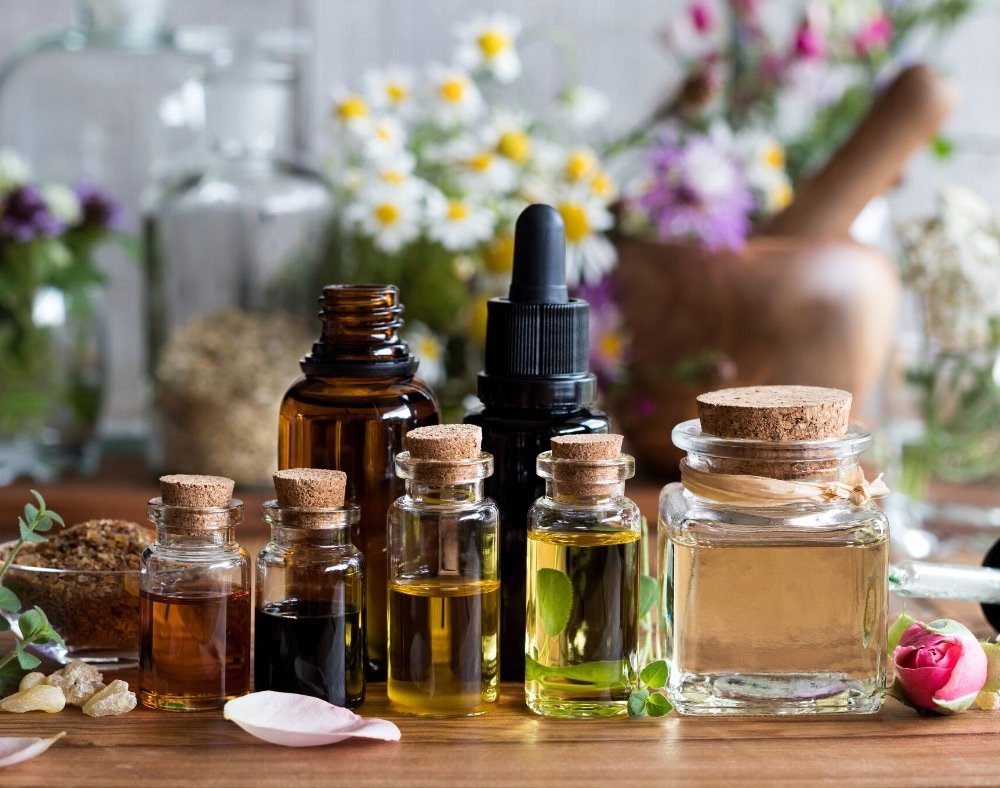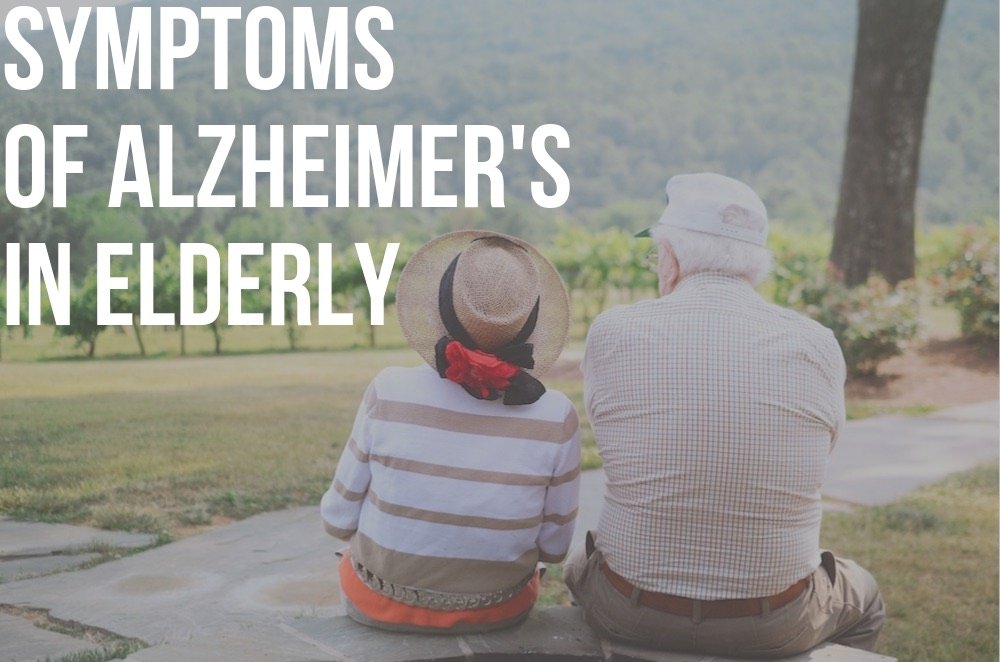Researchers for some time now have been conducting studies on aromatherapy and dementia.
This has led to the discovery that people with dementia can benefit from aromatherapy.
Aromatherapy has been used for medicinal purposes for centuries, and now persons with dementia can enjoy some of its benefits.
Read on to find out how.
Contents
What is Aromatherapy?

Aromatherapy is the use of essential oils or aromatic plants to enhance wellbeing through scents.
The National Association for Holistic Aromatherapy states that it is a science and an art that uses extracts from plants and essential oils that chemically balance the spirit, mind, and body.
There are different ways to release these scents, such as:
- Using oil burners to warm oils
- Dripping scents into tissues or pillows
- Adding the oils to baths
- Massaging oil infusions into the skin, etc.
How Does Aromatherapy Help Persons With Dementia?

For centuries, people have used aromatherapy to promote better sleep and relieve stress.
Many people can attest that they sleep better after sprinkling lavender oil on their pillows before bedtime.
Sleep issues are common for persons with dementia because the illness often affects an individual’s sleep patterns.
This can be very stressful not only for the person with dementia but their caregivers as well. Aromatherapy can help to deal with sleep disturbances effectively.
Research has shown encouraging results concerning aromatherapy and dementia. One of the core areas of study was on the effects of lavender oil.
Experts record that applying lavender oil through massage or dripping it on a pillow can help to lengthen the time a person with dementia sleeps.
Lavender is also said to be an antidepressant that can improve mood and balance strong emotions.
Another oil that has been under scrutiny was Lemon balm. Researchers found that rubbing this into the skin also helps people with dementia to sleep for longer.
Additionally, it allows users to relax and stay calm. Both oils were also found to decrease agitation signs like excessive movement and wandering.
Aromatherapy stimulates olfactory receptors
Essentially, aromatherapy stimulates olfactory receptors which in turn stimulate the section of the brain responsible for regulating emotions.
An example of a study that was done concerning aromatherapy and dementia is one from Jimbo D and his team. The study had 28 elderly participants, 17 of whom were living with Alzheimer’s disease.
They went through a 28 day control period and aromatherapy sessions during the following 28 days. The researchers also subjected the participants to a 28 day washout period.
Lemon and rosemary essential oils were used during the morning sessions and orange and lavender during the evenings.
After the study, all the elderly persons recorded improvements in personal orientation regarding cognitive function.
Lab tests also showed that there were no side effects of using aromatherapy.
The researchers then concluded that aromatherapy is beneficial for dementia as it has the potential to enhance cognitive function.
Oils to use for Aromatherapy and Dementia

In addition to the ones mentioned above, there are other essential oils that people with dementia can try out during aromatherapy such as:
Peppermint
This is an essential oil that you can use to calm nerves and stimulate the mind. Some studies also state that it can stimulate appetite, energize a person and enhance memory.
Bergamot
It helps to relieve stress, mild depression, and anxiety. Additionally, the oil is a mood elevator and can be used to treat insomnia.
Ginger oil
This oil assists persons who have digestion issues. The help can help to promote healthy eating habits because it treats constipation and loss of appetite.
Rosemary
This stimulates the mind and body. A recent study by Lorraine Oliver and Mark Moss uncovered that rosemary oil can boost cognitive performance in both accuracy and speed measures.
Ylang Ylang
It offers a relaxing effect.
Many other oils are beneficial to persons with dementia. Above are just a few that have the most clinical support.
Aromatherapy Suggested Products Available on Amazon
Considerations

When it comes to aromatherapy and dementia, there are a few considerations you must have in mind, such as:
1. Aromatherapy, just like any other alternative therapy, is not a replacement for medical treatment.
2. Individuals with dementia should only use aromatherapy if it brings calm or pleasure. You should also prepare a person well before embarking on this type of therapy.
If they are happy with the process, consider doing this every day because consistency brings out the best results.
3. Some undiluted essential oils can cause skin irritation; thus, it is important to carefully read labels to ensure the oil is ideal for the person it is being used on.
4. Always practice aromatherapy in a place that is good ventilation because the scents are quite powerful.
5. Do not mix or experiment with all types of oils. Pick the one that is the best fitting for the outcome you want and stick to it.
6. Stop aromatherapy if a rash appears. The practice may not be necessary if a person has bruises, cuts, allergies, eczema or psoriasis.
7. Some aromatherapy oils are potent and might lead to headaches or trigger memories that may be distressing or confusing.
Look out for such signs during the practice, especially in cases where the person with dementia may not be in a position to communicate effectively about what is going on.
Closing Thoughts – Aromatherapy and Dementia
There is evidence that aromatherapy helps ease some dementia symptoms.
Even though research on aromatherapy and dementia has shown promising results, more studies still need to be done on this subject.












